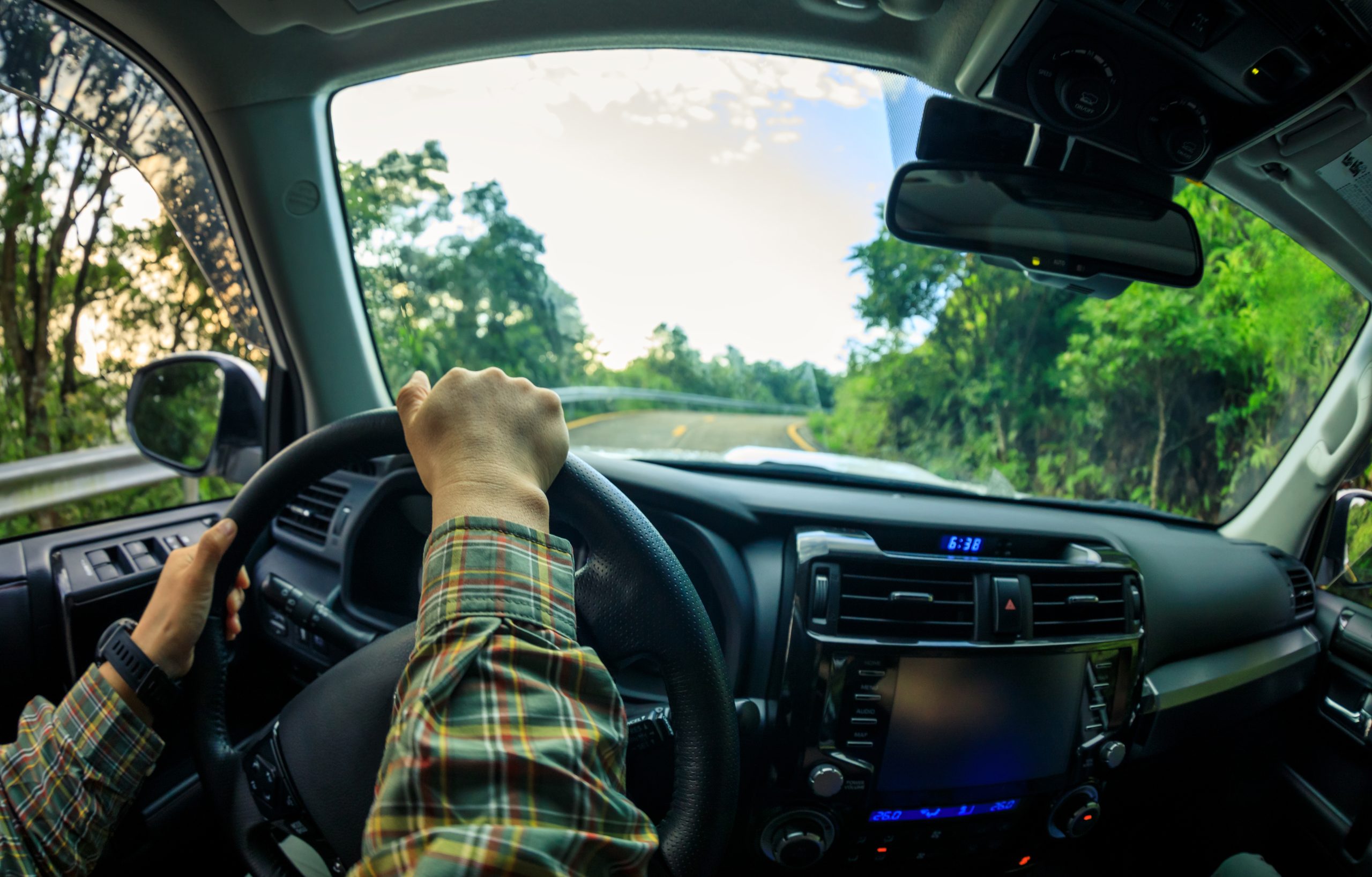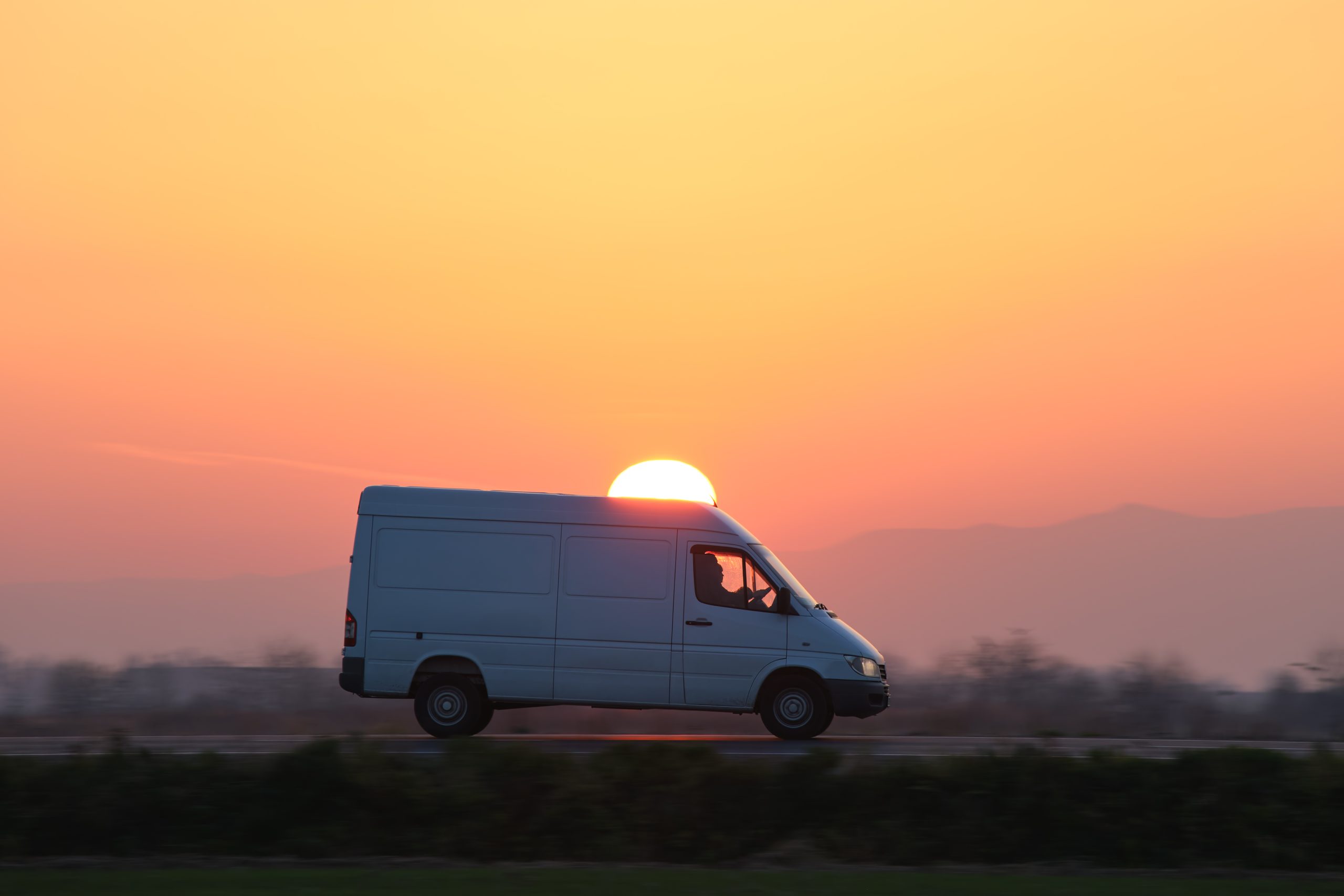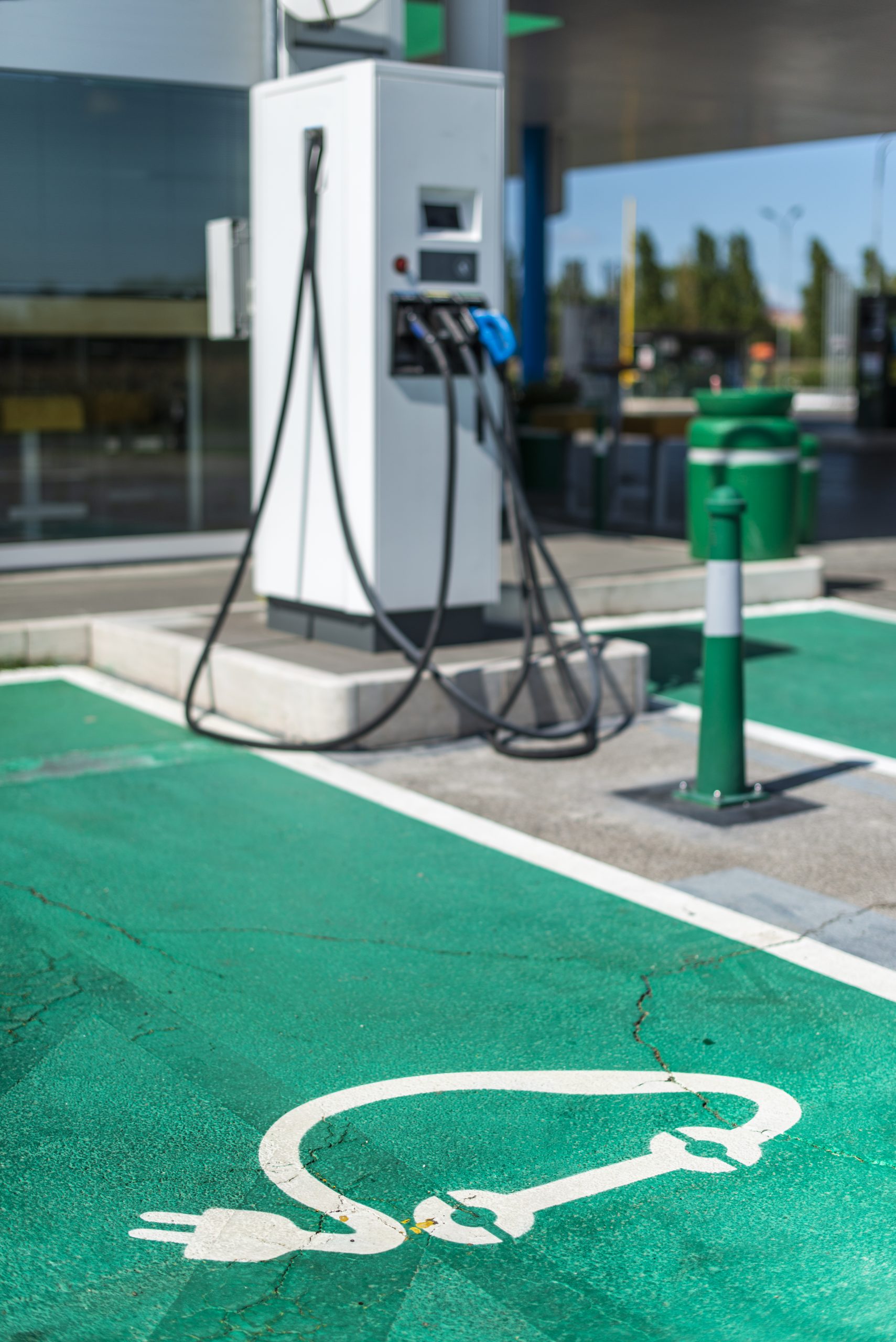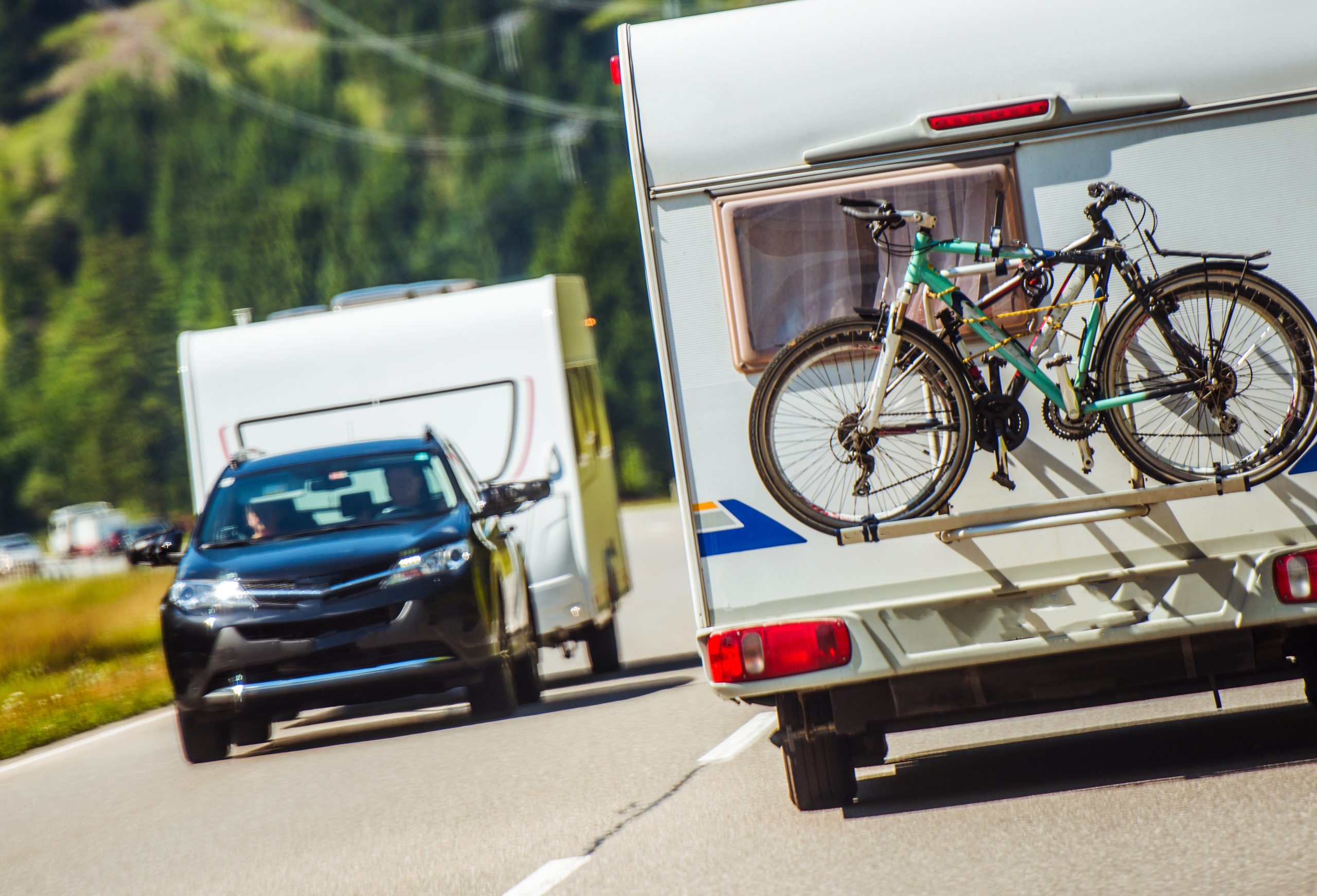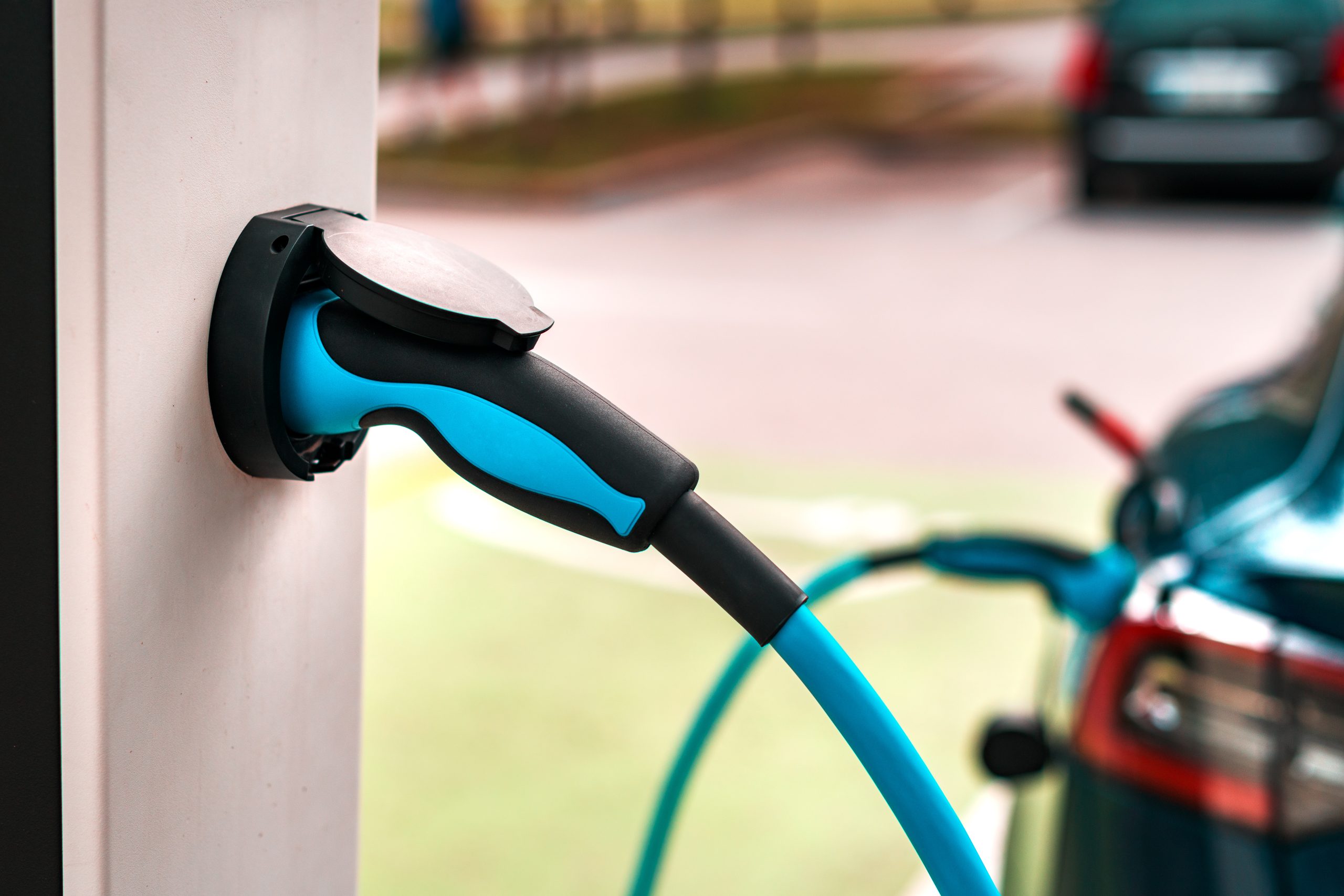Electric cars today are changing the way we travel. Advances in battery technology have increased the range of electric cars so much that long journeys are now possible and enjoyable. Long trips in an EV require a bit more planning but can be smooth and stress free. Maintaining good battery life is crucial; keep your battery above 20% and avoid rapid charging above 80% to preserve battery longevity. With the right knowledge you can charge your EV on long journeys without any hassle.
To charge your EV on long trips plan your route with charging stops in mind and use apps to find charging points along the way. This will help you avoid range anxiety and enjoy your journey. Many service stations now have rapid chargers which can top up your battery while you grab a snack or take a quick break.
Remember driving habits affect your EV’s range. Keeping a steady speed and using eco-mode will help your battery last longer between charges. Now you’re ready to hit the road in your electric car for any journey big or small.
Summary
Plan your route with charging stops to avoid range anxiety
Eco-drive to extend your EV’s range
Use rapid chargers at service stations for quick top-ups
EV Charging 101
Electric car charging comes in different types of chargers and charging times. Charging stations play a crucial role in planning long journeys, as they provide the necessary infrastructure for recharging your vehicle. Knowing these basics will help you plan your long journeys better.
Types of Electric Car Chargers
There are three main types of electric car chargers:
Slow chargers (3-7 kW)
Fast chargers (7-22 kW)
Rapid chargers (50+ kW)
Slow chargers are usually found at home or work. They take longer but are good for overnight charging.
Fast chargers are common in public places like car parks. They can top up your car in a few hours.
Rapid chargers are the fastest option. They can charge your car to 80% in about 30-60 minutes for long trips.
Charging Time Calculator
Your charging time is dependent on your car’s battery size and the charger’s power. Here’s a simple formula:
Battery size (kWh) ÷ Charger power (kW) = Charging time (hours)
For example a 60 kWh battery on a 7 kW charger would take about 8.5 hours to full charge.
Remember charging slows down as your battery gets fuller. The last 20% often takes longer than the first 80%.
Most people don’t need a full charge for their journey. Plan to charge to about 80% for long trips.
Journey Planning
Good planning is key to smooth EV travel. Preparation for a long car journey is essential especially when charging your electric car in advance. You need to map your route, check your car’s condition and factor in charging stops to get to your destination stress free.
A public charging point locator can help you find charging points along your route. This is a comprehensive locator for all public charging points in the UK where you can search for the nearest charging points and plan your route.
Using Route Planners
EV route planners are must have tools for your journey. Apps like Zap-Map and A Better Routeplanner (ABRP) can help you plot your route. These tools know your car’s make and model to predict charge levels.
When using a route planner:
Enter your start and end point
Select your EV model
Enter your current battery level
Add any favourite stops or waypoints
The planner will then suggest charging points along your route. It’s always best to have a backup plan in case your preferred chargers are busy or out of order.
Charging Stops
Your EV’s range will determine how often you need to stop. Most electric cars can do 150-200 miles before needing a charge. Plan to stop every 2-3 hours which is in line with safe driving practices.
When stopping:
Check charging speeds at each location
Estimate charging time needed
Plan what you’ll do during charging (meals, rest breaks)
Allow extra time for queues or technical issues
Remember fast chargers can charge your battery to 80% in 30-45 minutes. It’s often more efficient to make shorter, more frequent charging stops than to full charge each time.
Your Electric Car’s Range
Knowing your electric car’s range is key to planning a long journey. Modern electric vehicles have double the range compared to older models, thanks to continuous improvements in battery technology. The range can vary greatly depending on many factors including the make and model of your car, driving style, weather conditions and battery health. To get an accurate estimate of your car’s range start by checking the manufacturer’s specs. These will give you a baseline figure under ideal conditions.
It’s impressive that these advancements have occurred in only a couple of years, making long journeys in an EV more feasible than they were previously.
But real world driving is not ideal conditions. Use online tools and calculators designed for electric vehicles to get a more realistic estimate. Also join online forums or social media groups where other owners of the same model share their experiences.
Monitor your car’s actual range over time as well. See how far you can go on a full charge under different conditions. Remember using Eco mode can extend your range by optimising the car’s performance for efficiency. Be aware of factors like temperature, terrain and load as they can all affect your range. By understanding these variables you can plan your charging stops better and have a stress free journey.
Getting Ready
Long distance driving in an electric car requires some forward planning. Start by planning your route in advance using a mapping app or website. This will help you find charging points along the way and have a clear route to your destination.
Check the weather forecast and road conditions before you go. Extreme temperatures can affect your car’s battery so plan for extra charging stops if needed. Pack essentials like charging cables and adapters so you have the right connectors for different types of charging points.
Do basic vehicle checks, tyre pressure and brake pads to make sure your car is in top nick. Familiarise yourself with the charging infrastructure along your route and consider downloading multiple charging apps to access different networks. By doing all this you’ll be all set for a stress free journey.
Things to Pack
When embarking on a long journey in your electric car make sure you pack the essentials. Your charging cables and adapters so you have the right connectors for different charging points. A portable charger can be a lifesaver if you find yourself in an area with limited charging options.
Don’t forget a car charger for your phone or other devices, staying connected is key. Pack snacks and water to keep you energised and a first aid kit for any minor emergencies. A map or GPS device is essential for navigation especially in areas with no signal. And a basic toolkit to fix any minor issues on the go. With all these you’ll be prepared for anything that comes your way.
Vehicle Checks
Before you go make sure you do some basic checks to make sure your electric car is in top nick. Start with the tyres: check the pressure and tread depth to make sure they’re safe for a long journey. Check the brake pads and fluid levels as well maintained brakes are key to safety.
Check the battery and charging system to make sure everything is working as it should. Check the suspension and steering for any signs of wear or damage. And check all lights and signals are working. By doing these checks you’ll avoid any surprises and have a stress free journey.
Charging Points
Finding charging points for your electric car is key to stress free long journeys. Unlike a petrol car which requires minimal planning as there are fuel stations everywhere, electric cars need route planning to ensure you have access to charging points. You have several ways to find chargers along your route.
Charging Networks and Availability
The UK has a growing number of public chargers for electric cars. Main charging networks are Pod Point, BP Pulse and Ionity. They have slow, fast and rapid chargers.
Motorway service stations have rapid chargers. Many supermarkets, car parks and town centres now have charging points too.
It’s a good idea to check charger availability before you go. Some networks let you book a slot in advance. This can save time and reduce range anxiety.
Not all chargers are compatible with every EV model. Check your car’s manual to see what types you can use.
Mobile Apps to Find Chargers
Several mobile apps can help you find charging points on the go. Zap-Map is the most popular in the UK. It shows real time info on charger status and lets you plan your route.
PlugShare is another good one. It covers many charging networks and has user reviews.
Many car brands have their own apps with built in charger finders. These work with your car’s infotainment system.
Some apps work with Android Auto and Apple CarPlay. This means you can see charging info on your car’s screen.
Look for apps that show live availability. This will save you from turning up to a charger that’s already in use.
Rapid Charging
Rapid charging is key for long EV journeys. They can charge your car quickly and get you back on the road fast.
What are Rapid Chargers
Rapid chargers come in two main types: AC and DC. AC rapid chargers can deliver up to 43kW. DC rapid chargers are even faster 50kW to 350kW.
Most EVs can use DC rapid chargers. These plug directly into your car’s battery. CHAdeMO and CCS are the common DC connector types.
AC rapid chargers are less common. Only some EVs can use them at full speed. The Renault Zoe is one car that can use 43kW AC charging at full speed.
Maximising Rapid Charging
To get the most from rapid charging:
Plan your rapid charger stops in advance.
Arrive with 10-20% charge.
Charge to 80% if you can. Charging slows down after this point.
Most rapid chargers can fill your battery to 80% in 20-60 minutes. Time will vary depending on your car’s battery size and the charger’s power.
Keep an eye on your car while it’s charging. Some chargers will stop early to let others use them. You may need to restart the charge if you want more power.
EV Road Trip Essentials
Planning and managing your EV’s range is key for long journeys. These tips will help you charge efficiently and drive with confidence on your next road trip.
Preparing Your EV
Before you go, fully charge your EV. Check tyre pressure and remove any unnecessary weight to get the most range. Pack your charging cable and download multiple charging apps to access different networks.
Research your route and charging stops. Look for rapid chargers near motorway services or restaurants so you can combine breaks with charging. Book hotels with on-site charging if you can.
Check the weather forecast. Cold weather will reduce range so plan extra stops if needed. In summer pre-cool your car while plugged in to save battery power on the road.
Range and Consumption
Use your EV’s eco mode to get more range. This limits acceleration and top speed but increases efficiency. Avoid sudden braking or acceleration which waste energy.
On motorways drive at a steady speed of 60-65mph. This is the sweet spot where you get good progress and efficient energy use. Use cruise control when safe to maintain a constant speed.
Charge from 20% to 80% at rapid chargers. This is usually the quickest as charging slows down after 80%. Monitor your car’s energy consumption display to see real world range.
Use regenerative braking to capture energy when slowing down. This can add miles to your range especially in hilly areas or stop-start traffic.
Safety and Information
Safety and information is key when driving an electric car on a long journey. Keep an eye on your battery level and charging status so you don’t run out of juice. Use a reliable mapping app or website to find charging points on your route and keep a list of emergency contact numbers, including your car’s manufacturer and roadside assistance services.
Check the weather and road conditions and take regular breaks to rest and charge, yourself and your car. Happy motoring!
Useful Links
https://www.bppulse.co.uk/going-electric/driving-long-distance-electric-vehicle
https://octopusev.com/ev-hub/how-to-plan-long-journey-with-electric-car
https://news.motability.co.uk/everyday-tips/plan-long-journeys-electric-car
https://lovemyev.com/explore/electric-cars/the-complete-guide-to-planning-an-electric-road-trip
https://www.autotrader.co.uk/content/advice/long-distance-driving-in-an-electric-car



